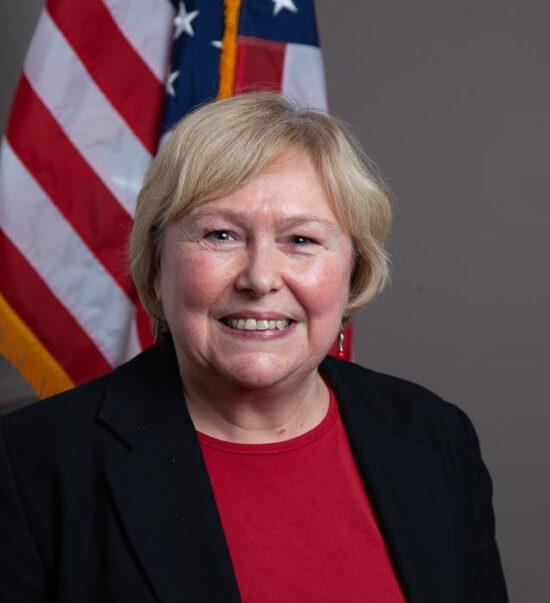By Anne E. Grimes, Director, Office of International Visitors, U.S. Department of State
 It is hard to believe it has been five months since we held our first virtual sessions for projects that were curtailed. Those March sessions connected participants to interlocutors they had missed due to early departures and demonstrated the power and promise of virtual exchange. Since that time, I have been impressed at the creativity and ingenuity across the network as you embrace virtual programming. I also have been pleased to join several of your virtual sessions myself and to see firsthand how you are continuing to engage your membership, promote interest in exchanges, and tackle important topics.
It is hard to believe it has been five months since we held our first virtual sessions for projects that were curtailed. Those March sessions connected participants to interlocutors they had missed due to early departures and demonstrated the power and promise of virtual exchange. Since that time, I have been impressed at the creativity and ingenuity across the network as you embrace virtual programming. I also have been pleased to join several of your virtual sessions myself and to see firsthand how you are continuing to engage your membership, promote interest in exchanges, and tackle important topics.
Today, we have fully launched IVLP Virtual, and programmers are working to bring to life a range of single country, regional, and multi-regional projects. This pivot to virtual has required unprecedented flexibility and innovation. I have been heartened by the dedication and care teams are taking to make virtual sessions not only technologically sound, but personalized and meaningful for our visitors.
Our Forward Planning Working Group, comprised of representatives from the Office of International Visitors, National Program Agencies, and Community-Based Members, has done extensive research and created practical tools to guide us on this new path, but we are learning every day and fine-tuning our approach as we go. So with that in mind, I encourage you to be bold in your ideas and try new things! We are all in this together and I want you to know that you are supported.
Thanks to your dedication, virtual projects will retain the unique character of IVLP, providing participants with tailored professional and cultural experiences and fostering relationships with the people they meet along the way. Virtual programming will allow us to continue our vital work, addressing foreign policy priorities as we bring together visitors and Americans to discuss critical issues, ranging from COVID-19 response to countering disinformation. We have even seen virtual home hospitality through recipe swaps, home tours, and hosts pairing breakfast in the United States with dinner in different time zones across the globe.
Virtual programming allows us to bring visitors into conversations on current events in a very real way. Amidst the protests following the death of George Floyd, Global Ties Alabama connected participants from an African Rule of Law group with the Equal Justice Initiative (EJI). EJI discussed the background of the Black Lives Matter movement within the frame of the greater Civil Rights Movement and efforts to promote equal application of the law. In upcoming programming for the curtailed U.S. Electoral Process initiative, Global Ties Miami will reconvene experts to discuss the impact of COVID-19 on the U.S. elections.
The Virtual Gold Stars demonstrated that the Network is ready and able to produce polished virtual events, bringing together local community members and visitors for important discussions. Our three alumni participants, from India, Lebanon, and Nigeria, gave public presentations with the Iowa International Center, World Oregon, and the Northern Nevada International Center, respectively. They shared stories of advocacy for national disability rights and laws in their own countries and the impact that their IVLP experience had on their efforts. Of his highly customized IVLP Virtual experience, Gold Star Fadi El Halabi said, “You planned this IVLP with such love and care that I feel like I am in the U.S. I didn’t think a virtual program could be this rich and diverse.”
These are just a few examples. I know there are many more and more to come!
Many of you have used this transition period to reconnect with alumni while honing your virtual hosting and facilitation skills. We have seen coffee chats from Springfield to Pensacola; dinner diplomacy in Philadelphia; a Pride celebration in San Diego; and many more creative ideas.
While we are all eager for the day we can safely resume in-person programs, it is important to realize that these new tools and skills will be applicable in the future, as we consider hybrid programs and ways that virtual programming can enhance in-person exchanges. Thank you for the time you are devoting to learn new technologies, train in virtual facilitation, research virtual project design, and adapt project materials. Your efforts will strengthen the IVLP for now and for the future.
I look forward to hearing your stories and seeing the results as your virtual projects come to life. On behalf of the Department of State, thank you for all you do.
Sincerely,
Anne E. Grimes
Director, Office of International Visitor
